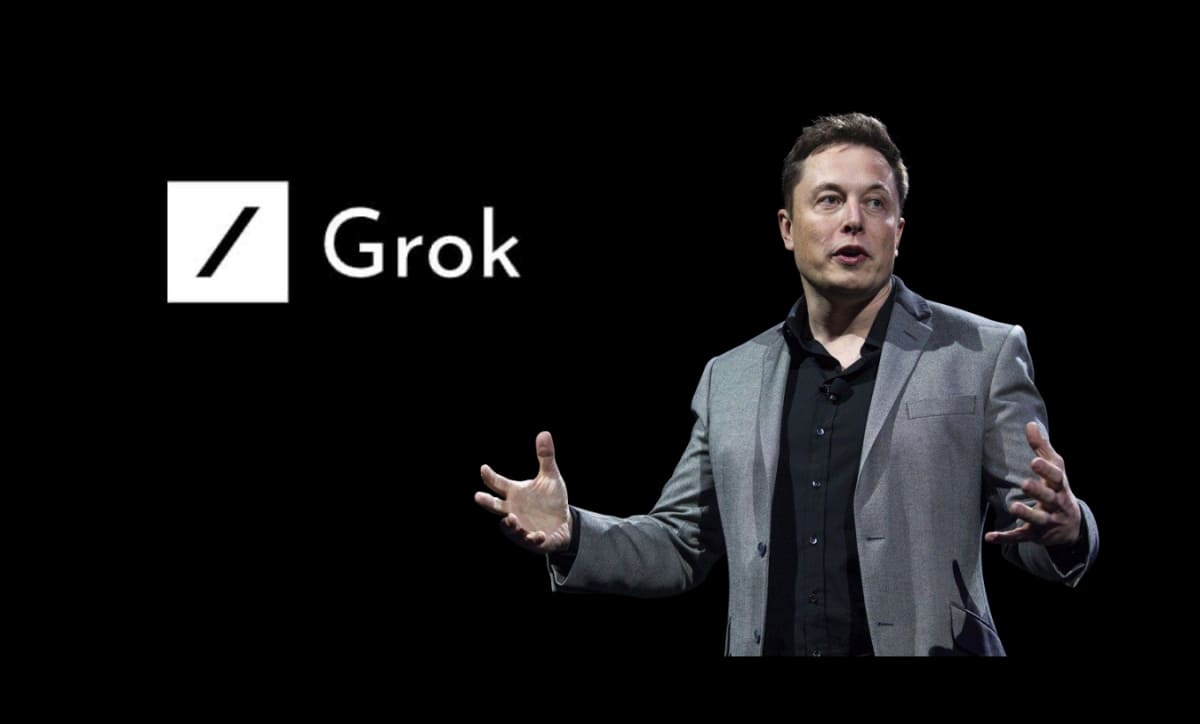4-Day Work Week.
It may seem paradoxical, but as Germany grapples with a shortage of workers, several companies are embarking on an experimental shift towards a shorter workweek. In February, 45 companies and organizations in Europe’s largest economy will implement a 4-day workweek for a six-month trial, led by consulting firm Intraprenör in collaboration with the non-profit organization 4 Day Week Global (4DWG). Notably, employees will continue to receive their full salary throughout this period.
For or Against 4-Day Work Week
Proponents argue that adopting a 4-day workweek could enhance worker productivity, consequently addressing Germany’s skilled labor scarcity. Despite Germany’s longstanding reputation for industriousness and efficiency, recent years have witnessed a decline in productivity.
The core concept underlying this shift is the belief that maintaining or even increasing output with fewer working hours could lead to higher productivity levels. Advocates contend that employees working four days instead of five are likely to be more motivated and, therefore, more productive. Additionally, they argue that a shorter workweek could attract individuals who are unwilling to commit to a traditional five-day schedule, potentially alleviating the labor shortage.
UK, US, and Other Countries Have Lead the Movement
This experimental approach has been tested globally by 4DWG since 2019, with pilot programs in the UK, South Africa, Australia, Ireland, and the US involving over 500 companies. Early results indicate positive outcomes, including reduced stress levels, a decrease in resignations, and a substantial drop in sick days.
In a UK experiment involving nearly 3,000 workers, participants reported feeling less stressed, resignations decreased by 57%, and sick days reduced by two-thirds.
Sick Days that Cost a Country $28 Billion
The potential economic impact is highlighted by data from the German health insurance company DAK, which revealed that the 20 sick days taken on average by German workers in 2023 resulted in a real income loss of €26 billion ($28 billion), impacting the country’s economic output.
While some express optimism for a paradigm shift towards a 4-day workweek, skeptics, including labor market expert Enzo Weber, cast doubt on the applicability of positive results to the entire economy. Concerns include the potential concentration of work and the impact on social and creative elements, which may not be immediately apparent in short-term studies.
Tech Companies that Offer 4-Day Work Week
Since the pandemic hit the world and forced them into quarantine, tech companies have implemented the 4-day work week for their workers. The perks include benefits such as Improved productivity, better mental health, and higher revenue have been common among companies that have tested it out. Now, virtually every single participant in the experiment opting to stick with the four-day workweek. According to Tech.Co the list include companies such as:
- Amazon
- Basecamp
- BigLaw
- Bolt
- Buffer
- CARFAX
- Ecosia
- Forbes Advisor
- Kickstarter
- KRÜSS
- Lamborghini
- Microsoft
- Panasonic
- Samsung
- thredUp
- Toshiba
What’s Next
Critics also argue that measuring productivity accurately poses a challenge, with structural changes potentially having a more substantial impact than improved employee engagement. Economists like Holger Schäfer and Bernd Fitzenberg emphasize that implementing a 4-day workweek could lead to higher costs for certain industries, particularly those requiring services at fixed times.
Despite these reservations, the allure of a shorter workweek persists, even among established players like the German trade union IG Metall, which has long advocated for reduced working hours. Notably, the steel industry in Germany already operates on a 35-hour workweek.
References
[1] Ashutosh Pandey https://www.dw.com/en/germany-tests-four-day-workweek-amid-labor-shortage/a-68125506
[2] https://tech.co/news/companies-4-day-work-week





































